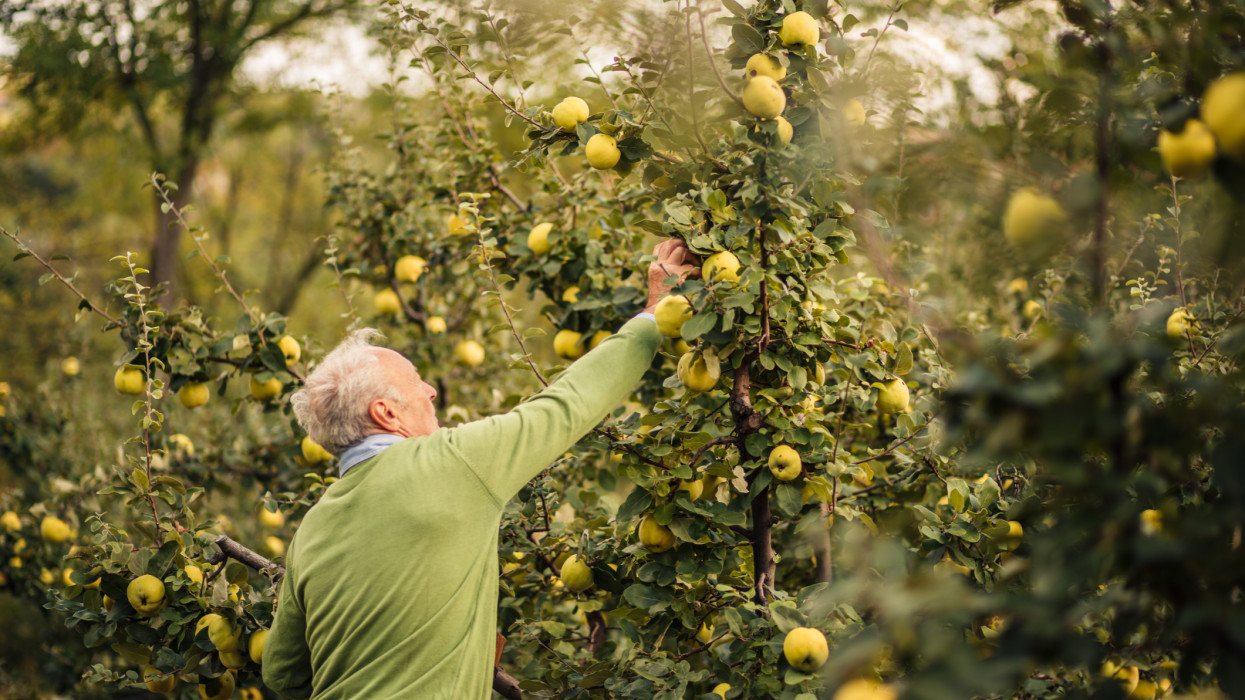Plant proteins are an essential component of animal feed (as a source of amino acids for livestock), as well as being widely consumed by humans. But European production of protein crops is not sufficient to cover demand, due in part to the agro-climatic conditions in Europe which do not favour the widespread cultivation of protein-rich crops such as soybeans. Soybeans can enter the EU market tariff-free, which also reduces the cost-effectiveness of local production. A significant proportion of soybean crops grown outside the EU are genetically modified, but with European demand for non-GM food and feed remaining high, there is a growing need to stimulate local production.
With this in mind, and with a view to a possible future strategy for developing protein crops in Europe, the Commission is keen to establish the current state of play in the EU protein crops. Among other things, it is keen to assess the effectiveness of policy instruments such as voluntary coupled support (linking farmers' direct support to production of protein crops in order to stimulate the sector). Questions will also be asked on research-related issues and on market information. The aim is to produce a detailed report on the state of play and possible future measures by the end of 2018.
The consultation with stakeholders is likely to be followed by direct consultations with EU member states and with industry-level stakeholders such as farmers' unions or producers' associations. A series of thematic workshops to further debate actions needed to support EU plant proteins production is also expected to be organised, looking at issues such as research and innovation, environmental benefits or supply chain issues.
Industry experts and stakeholders interested in taking the questionnaire can do so here.
Via ec.europa.eu







